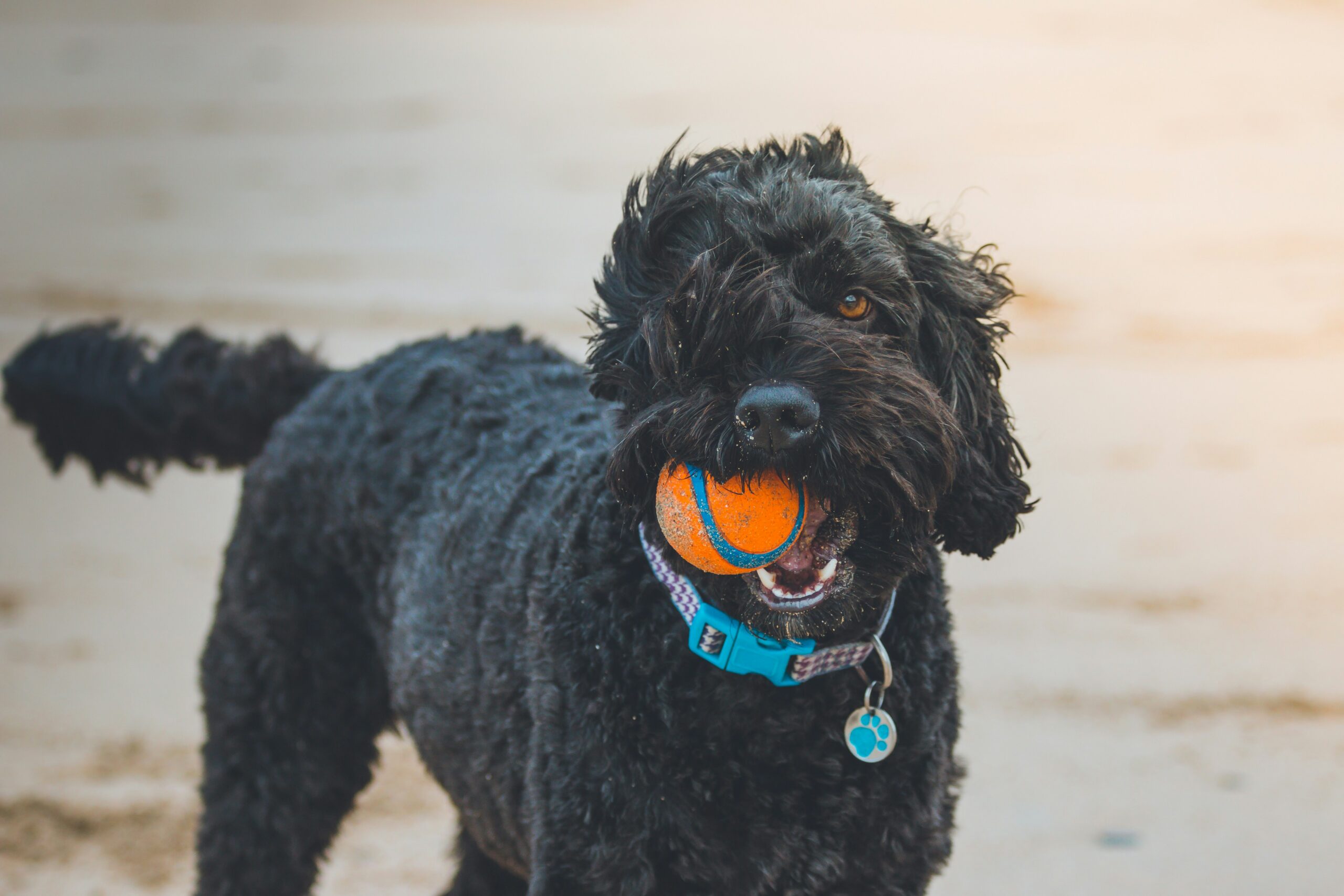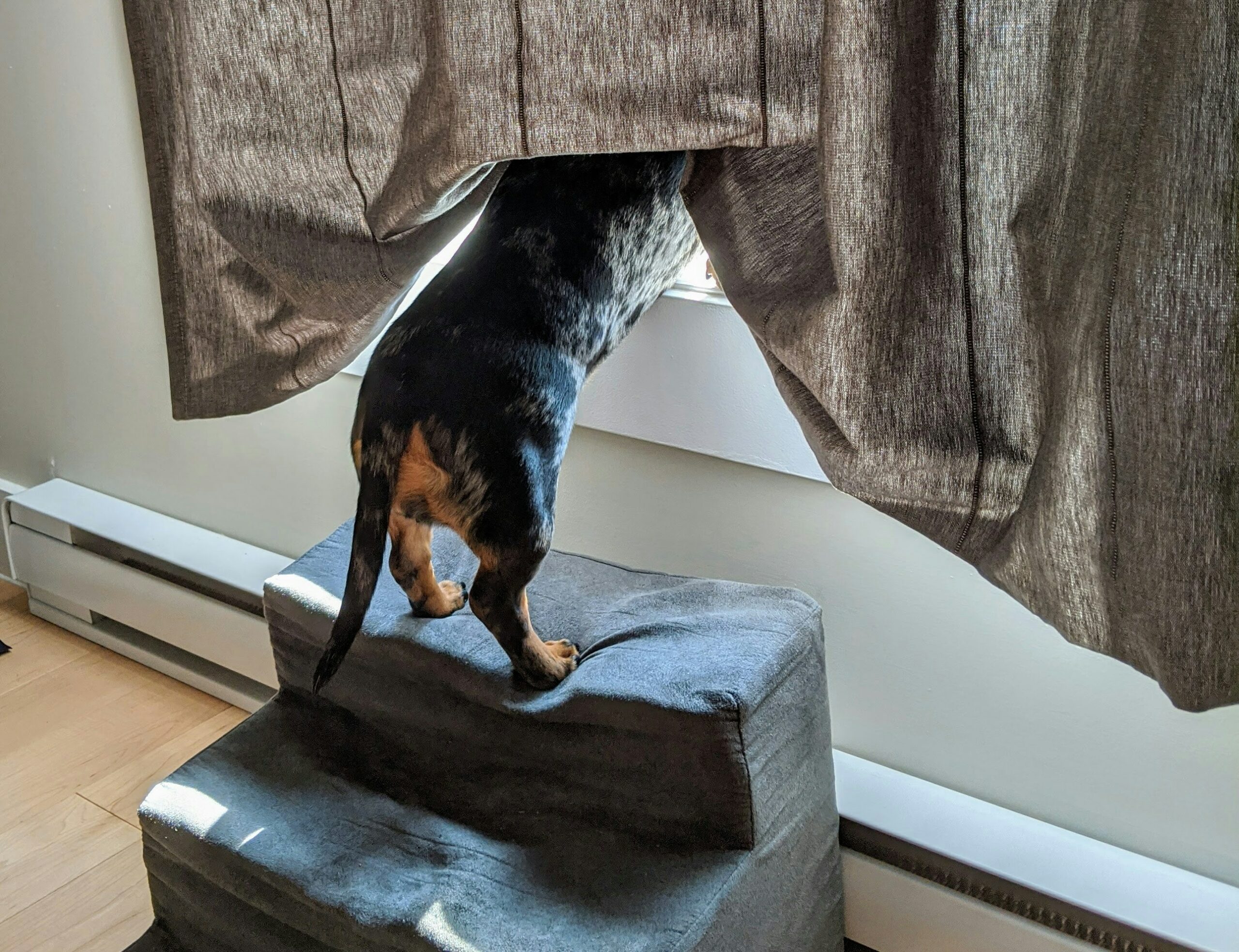Maintaining Healthy Anal Glands: A Guide to Preventing Discomfort in Dogs
A comprehensive guide to preventing anal gland issues in dogs through proper maintenance, diet and nutrition, regular exercise, and veterinary care.
Introduction to Preventing Anal Gland Issues in Dogs
Proper maintenance of anal glands is crucial for the overall well-being and comfort of dogs. These small sacs near the anus play a significant role in marking territory and can cause discomfort and health issues if problems arise. By implementing preventive measures, such as proper care and attention to anal gland health, pet owners can help their dogs avoid potential complications and lead a happier life.
Understanding the anatomy and function of anal glands is essential for dog owners to recognize the signs of any issues that may arise. For instance, anal glands are small sacs that produce a pungent fluid, which serves as a territorial scent marker or a lubricant for passing hard stool. This fluid can be expressed naturally, but factors like chronic skin dermatitis, obesity, and genetics can lead to anal gland problems in dogs, underscoring the importance of preventive care.
Regular monitoring and preventive actions can significantly reduce the likelihood of anal gland issues in dogs, emphasizing the importance of a proactive approach to canine health and well-being. Pet owners who understand the role of anal glands and the potential complications associated with their dysfunction are better equipped to provide the necessary care and support to their furry companions. By staying informed and engaging in preventive practices, dog owners can ensure that their pets maintain optimal anal gland health and overall quality of life.
Understanding Anal Gland Issues in Dogs
Anal glands in dogs are crucial for communication and lubrication purposes. These small sacs, often overlooked by pet owners, play a significant role in a dog’s overall health and well-being. The foul-smelling liquid they produce serves as a territorial scent marker, allowing dogs to leave messages for other animals in their environment. For example, when a dog sniffs a tree or a fire hydrant, they are likely detecting the scent left behind by another dog’s anal glands, conveying information about the visitor.
In addition to marking territory, anal glands aid in the passage of stool by lubricating the rectum. However, when these glands become impacted, a common issue among dogs, they can cause discomfort and pain. This discomfort manifests as scooting, excessive licking of the hind area, and a noticeable change in behavior. For instance, a normally playful and active dog may become lethargic and irritable due to the discomfort caused by impacted anal glands. Therefore, understanding the importance of regular anal gland maintenance and being vigilant for any signs of issues is crucial for every dog owner to ensure their pet’s comfort and health.
Symptoms of Anal Gland Problems
Anal gland issues in dogs can manifest through various symptoms that indicate discomfort and potential health risks. In addition to the classic signs of excessive licking, scooting, and a noticeable foul odor coming from the anal region, dogs may display behavioral changes reflective of pain and unease when dealing with anal gland problems. For instance, a dog with impacted anal glands might excessively bite or lick their hindquarters, disrupting their normal activities and causing distress. These visible signs should prompt pet owners to seek veterinary care to address the issue promptly and prevent complications that can arise from untreated anal gland problems.
Moreover, swollen anal glands, if not properly managed, can progress to more severe conditions like abscesses and infections. These complications can lead to further discomfort for the dog and potentially impact their overall health and well-being. Recognizing the symptoms early on and taking preventive measures, such as a high-fiber diet and regular exercise, can help mitigate the risk of anal gland issues and ensure the dog’s anal gland health is maintained. By being attentive to these symptoms and understanding their implications, pet owners can play a proactive role in safeguarding their furry companions from the potential consequences of untreated anal gland problems.
Preventive Measures Through Diet and Nutrition
When it comes to preventing anal gland issues in dogs, a well-rounded approach involves focusing on their diet and nutrition. A high-fiber diet is a key component in promoting regular bowel movements, which in turn reduces the risk of anal gland impaction. For example, incorporating fiber-rich foods like pumpkin, sweet potatoes, or green beans into your dog’s meals can help keep their digestive system functioning smoothly and prevent potential obstructions in the anal glands.
In addition to a high-fiber diet, dietary supplements can play a significant role in maintaining the health of anal glands. For instance, supplements like fish oil are rich in omega-3 fatty acids, which have anti-inflammatory properties and can support overall well-being, including the health of anal glands. By incorporating such supplements into your dog’s diet, you can help reduce the likelihood of anal gland issues and promote their overall comfort and health.
Furthermore, being mindful of the treats you offer your furry companion is essential in preventing anal gland complications. Limiting the intake of low-quality treats that are high in unhealthy fats and sugars can contribute to better digestive health for your dog. Opting for healthier treat options like dehydrated meats or vegetables can not only prevent unnecessary strain on the anal glands but also support your dog’s overall well-being. By paying attention to your dog’s diet and nutrition, you can take proactive steps to minimize the risk of anal gland issues and ensure they lead a happy and comfortable life.
Importance of Regular Exercise
Regular exercise is vital for dogs to maintain healthy bowel function, which can significantly reduce the risk of anal gland problems. Engaging in physical activities supports their overall well-being and helps prevent obesity, a known risk factor for anal gland issues. For instance, ensuring that your dog has enough exercise through activities like daily walks, runs, or interactive play sessions can aid in maintaining proper digestion and bowel regularity, ultimately benefiting the health of their anal glands.
In addition to physical health benefits, regular exercise also plays a crucial role in the mental stimulation and happiness of dogs. For example, interactive play sessions not only provide physical exercise but also offer mental stimulation, preventing boredom and promoting a positive state of mind. A well-exercised and mentally stimulated dog is more likely to exhibit good behavior and have reduced stress levels, which can indirectly contribute to their overall health and well-being. Therefore, incorporating various forms of exercise into your dog’s routine is essential for preventing anal gland issues and ensuring their holistic health.
Veterinary Care and Expressing Anal Glands
Veterinarians play a crucial role in guiding pet owners on the correct techniques to express anal glands at home, especially in cases where intervention is necessary. By offering detailed instructions and demonstrations, veterinarians ensure that pet owners can provide proper care without causing harm or discomfort to their dogs. For example, they may advise gently applying pressure around the anal area to facilitate the expulsion of the gland’s contents, emphasizing the importance of a gentle touch to avoid injury.
Moreover, manual expression of anal glands should always be entrusted to trained professionals during routine grooming or veterinary visits. Veterinarians and experienced groomers possess the expertise to perform this procedure safely and effectively, reducing the risk of complications such as infection or gland damage. For instance, they may utilize specialized techniques to empty the glands thoroughly while monitoring for any signs of inflammation or abnormal discharge, ensuring the dog’s well-being is prioritized.
Regular veterinary check-ups are essential for monitoring anal gland health and detecting any issues early on. During these visits, veterinarians can assess the glands for signs of impaction, infection, or other abnormalities, allowing for prompt intervention and preventive measures. Through consistent monitoring and proactive care, potential complications associated with anal gland problems can be minimized, promoting the overall health and comfort of the dog.



